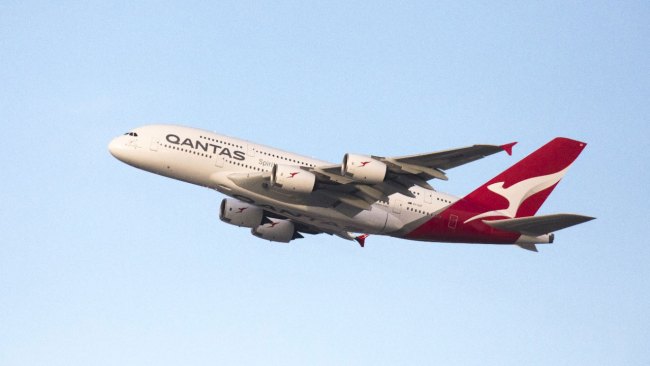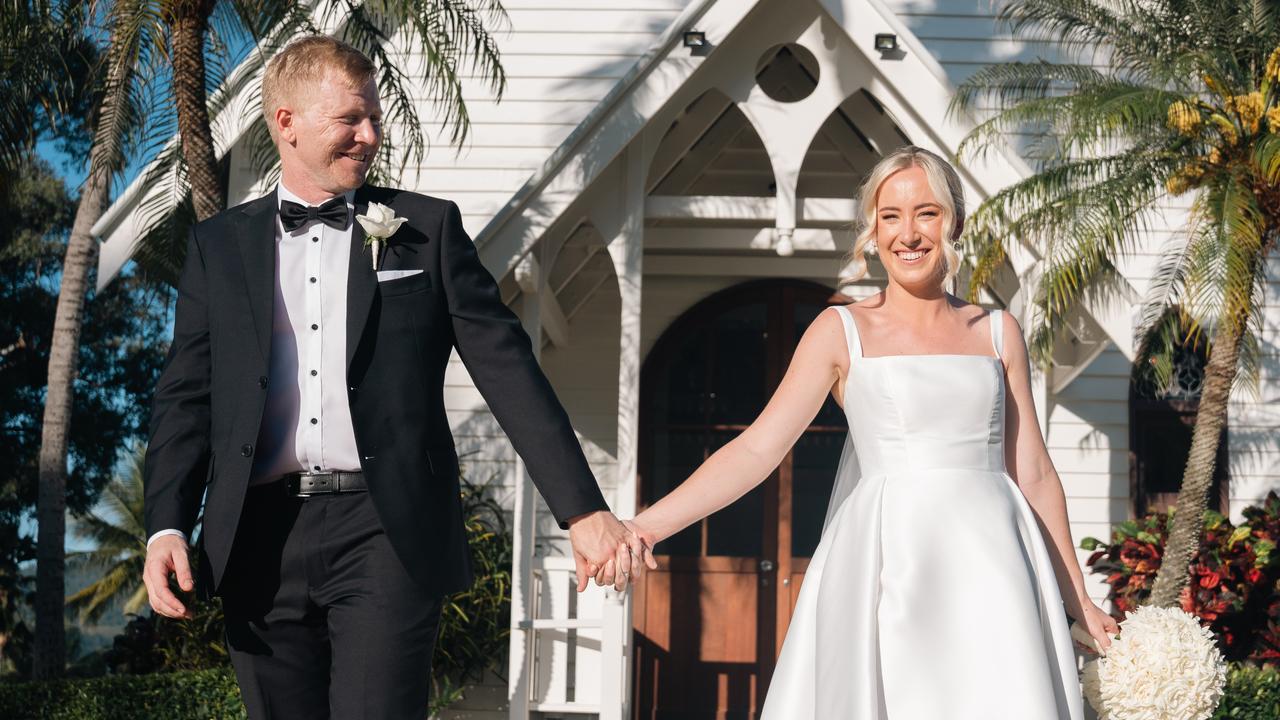Cathy Freeman on why sport is the 'great unifier'
The champion mindset
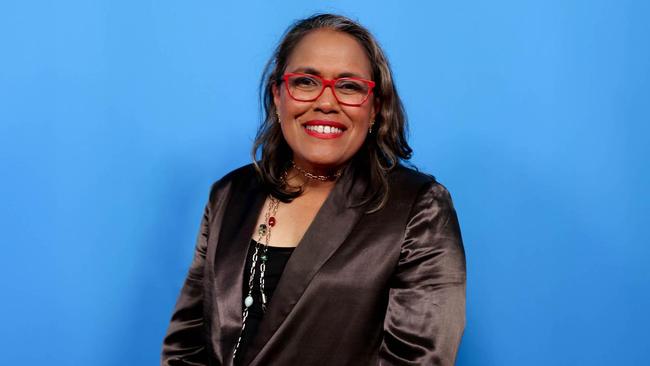
Lifestyle
Don't miss out on the headlines from Lifestyle. Followed categories will be added to My News.
The Aussie athletics icon shares her secret to a healthy mindset, what it really takes to become a champion, and the power of watching the next-gen chase big dreams.
You’re one of this country’s greatest sporting icons and the only person to have been named both Young Australian and Australian of the Year. You recently took the AncestryDNA® + Traits test with the newly launched Performance Traits that reveal how DNA influences athletic ability. When you took the test, were you surprised by any of your results?
I was definitely surprised. The results made me reflect on my life and consider what was a case of nature versus nurture. For example, the results showed self-discipline was not a prominent feature in my profile. So when I look back and consider where I actually got the discipline needed to be a professional athlete, I realised it was from my coach. When I was 14 or 15 years old, I had a very charismatic, headstrong Romanian coach. I was very easygoing, very casual, and lacked belief in my ability as an athlete – and it was that coach who showed me what self-discipline actually is in terms of being a serious athlete.
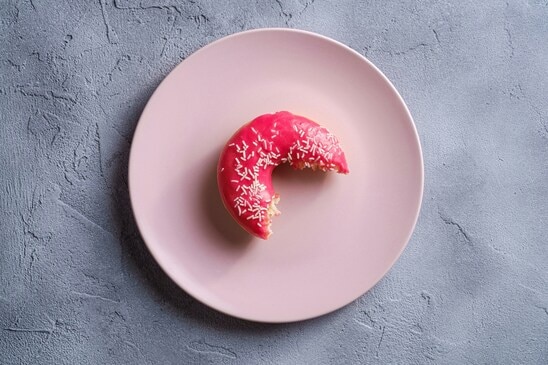
You won an array of titles during your athletics career, including an Olympic gold medal (at Sydney in 2000) and silver (at the 1996 Atlanta Games). Aside from genetics, what do you think it takes to become a champion?
It’s so much more than just genetics. It’s an attitude, it’s an open mind, inquisitiveness, curiosity, an appetite for success. And it comes back to that self-discipline. As an athlete, you have to be able to embrace your true nature, but understand your weaknesses and know the parts of your nature that need more work. Self-awareness plays a big part, and a sense of humility – a sense of your place in the world, outside of family and friendships. You have to look beyond to learn from your competitors, coaches or athletes from other sports. Any athlete will probably agree that elite performance really is 90 per cent mental.
You won your first gold medal at a school athletics championship when you were just five years old and your results also showed you have a natural tendency towards speed and competitiveness. Who do you think you inherited your athletic tendencies from?
In terms of the physical performance traits, I think it's safe to say that I inherited those from my father's side. But then, in terms of the mental and psychological traits, I choose to see that I inherited different attitudes and varying mindsets from both parents. I know for a fact that my casualness, my easy going nature and openness to learn is absolutely inherited from my father. But then once I apply myself, I become very similar to my mother, in terms of that dogged sense of dedication - that's the gift she gave me.
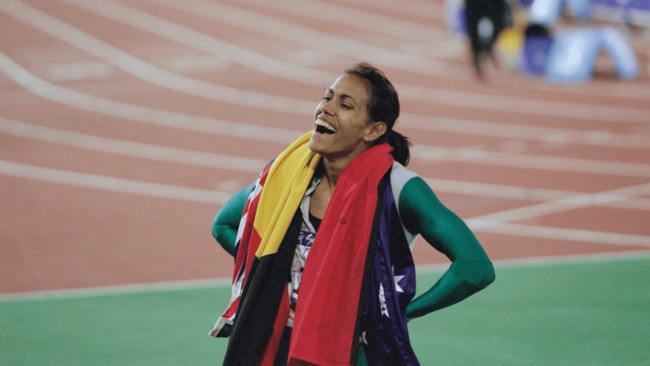
The weight of expectation that you carried into the Sydney 2000 Olympic Games was enormous on so many levels. How did you cope with that pressure and what’s your process been like for unburdening yourself of the pressure that comes with your icon status here in Australia?
Who I choose to be is someone who wants to enjoy life. Even as an aspiring athlete 24 years ago, wanting to be the best I could be. Even in the most uncomfortable situations and the really tough physical tests, you have to find joy in it because otherwise you're not going to last the journey. Obviously you need to be pragmatic and be realistic. But I think there's always room to be happy and humble and respectful of yourself and others and have integrity. Life truly is what you make it.
I’ve always been someone who never professed to know everything. I was always hungry to learn more and a humble servant to the opportunities of life. So I learnt to find freedom in that. As a professional athlete, you have to hand yourself over to your coach, to your teachers, to the team around you, and give them permission to be the boss at some points and let people do their job. But then that doesn't mean that you have to surrender all of who you are. I trust my instincts, and I trusted in who I was then. I made big decisions when I needed to and I followed through. But, you know, there's this balance. You have to trust in who you are as well as trusting the process and trusting your team. But most importantly, trust yourself. My tattoo (Cathy has ‘cos I'm free’ tattooed on her right shoulder) is all around making sure that I am being true to who I am, making sure that I'm doing all that I can do to be happy.
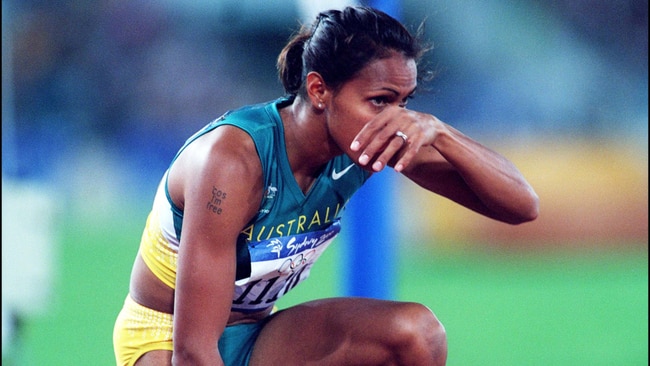
What's something you do to relax?
Definitely meditation and mindfulness, but in addition to that I also like to be in nature. So whether it's hugging a tree or lying on the ground. I'm indigenous so it's probably no surprise that I love nature and being a part of it. If I’m up in Queensland then I love to go for a walk along the beach or sit on the sand and lean up against a palm tree. If I'm in Victoria, where I live now, I might go up to the Dandenong Ranges and go for a walk. Just recently I took a picnic blanket and just lay down and looked up at the sky and watched the leaves on the trees.
We’ve all been watching the action in Paris recently. What advice would you give anyone who one day hopes to win medals like you did?
The number one piece of advice I often give to anyone who aspires to be an athlete is to share your dreams and aspirations with others around you who you feel comfortable sharing them with - like your mom or your favourite teacher at school. Because I think as soon as you have that one conversation, it can open up a whole universe of opportunity, or it can create a domino effect. Share what your dreams are. Be proud of what they are. Get excited, and allow other people to get excited about it as well.
How does it feel watching events like Paris 2024 now and seeing the next generation of athletes chase their dreams on a world stage?
It's always exciting watching aspiring champions or young athletes aspiring to be the best I can be. It's always exciting because I think we all see a little bit of ourselves in there. And it is inspiring because not everyone feels that they're able to even have dreams. I've been into places in communities where people feel that they fall short for whatever reason. But when I see young children get excited and get enthusiastic about forthcoming competitions because they see a future for themselves, whether it be athletics or swimming or gymnastics or whatever, it's inspiring. Sport is a great unifier. It makes us all feel good about who we are as individuals, as a community, as a country - and globally because these kids represent kids from all over the world. There's a lot of really positive messages that come out of being inspired by young people in the world today.
More Coverage
Originally published as Cathy Freeman on why sport is the 'great unifier'



